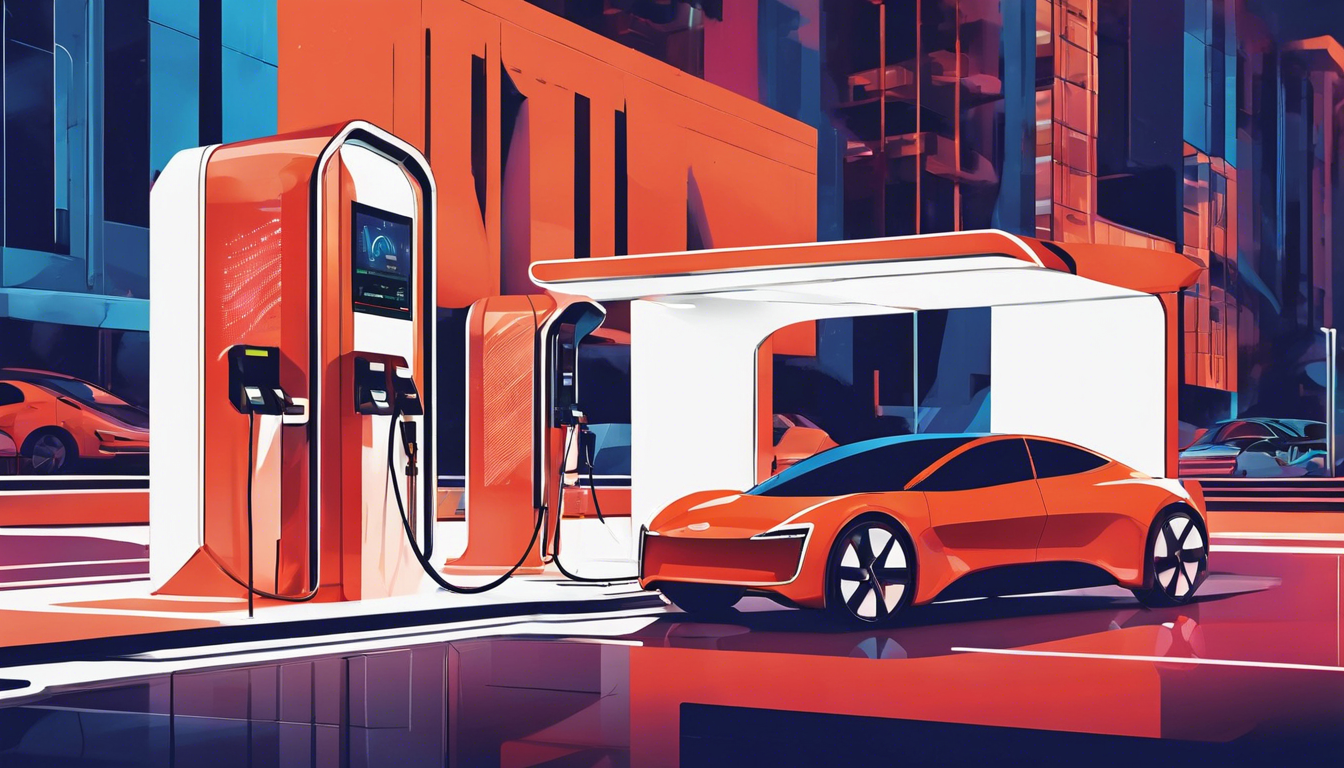In a groundbreaking development that could reshape the electric vehicle (EV) landscape, Russian researchers have unveiled significant advancements in lithium-ion battery technology. This innovation aims to tackle the long-standing challenges of battery performance and range, both critical factors for the widespread adoption of EVs. Appearing in the prestigious journal ScienceDirect, the study highlights the focus on high-energy-density lithium-ion batteries, positioning them as pivotal elements for the future of transportation.
With the EV market experiencing unprecedented growth—nearly 20% of all cars sold worldwide in 2023 were electric—enhancing battery capabilities is more important than ever. The researchers delved into the limitations associated with nickel-rich cathodes, notorious for their propensity to develop microcracks from high nickel content. Their inventive solution included modifying the microstructure of battery materials and incorporating plate-like particles, enabling uniform expansion and contraction during battery use.
Furthermore, the introduction of a cobalt-rich coating on the cathode’s surface has been shown to dramatically improve mechanical stability, addressing the crux of microcrack formation. The results of their study are promising, indicating substantial increases in cycling stability and specific discharge capacity, which directly translates to an extended driving range for EVs.
As the shift towards electric vehicles accelerates, this breakthrough not only heralds potential cost savings and lower maintenance needs for drivers but also marks a significant step toward reducing our reliance on fossil fuels. The environmental advantages, including decreased toxic emissions that contribute to climate change and adverse health effects, solidify the importance of this research. The ongoing innovation in battery technology signals a bright future for the electric vehicle sector, encouraging more consumers to transition to sustainable transport options, ultimately supporting energy security and economic efficiency.
Key Takeaways
- Russian researchers have achieved a breakthrough in lithium-ion battery technology that enhances EV performance and driving range.
- The new battery design addresses microcracking issues associated with high nickel content, leading to improved stability and lifespan.
- These advancements in battery technology could significantly accelerate the adoption of electric vehicles, promoting environmental sustainability and energy security.
Advancements in Lithium-Ion Battery Technology
## Advancements in Lithium-Ion Battery Technology
A recent breakthrough in lithium-ion battery technology by Russian researchers promises to significantly enhance the performance of batteries used in everyday devices, especially electric vehicles (EVs). The findings, published in a study on ScienceDirect, focus on the development of high-energy-density lithium-ion batteries, which are pivotal for extending the driving range and lifespan of EVs. As EVs gained immense traction in 2023—nearly one in five cars sold globally was an electric model—this advancement holds great relevance.
The study tackles prevalent issues related to nickel-rich cathodes, which often develop microcracks due to their high nickel content. To address these challenges, the research team innovatively manipulated the microstructure of battery materials and utilized plate-like particles, allowing for more uniform expansion and contraction during charging cycles. To further enhance mechanical stability and reduce microcrack formation, the researchers applied a cobalt-rich coating to the surface of the cathode.
The results demonstrate notable improvements in cycling stability—indicative of battery longevity—and specific discharge capacity, translating to higher driving ranges for EVs. As the popularity of electric vehicles rises, these enhancements not only promote reduced dependence on fossil fuels but also offer cost savings for drivers, lower maintenance needs, and significant environmental benefits by decreasing toxic emissions related to climate change and public health issues.
This latest advancement in battery technology is poised to invigorate the EV sector, encouraging a more extensive consumer shift toward electric vehicles, thereby reinforcing energy security, facilitating economic savings, and driving progress toward environmental sustainability.
Impact on Electric Vehicle Market and Sustainability
The implications of this breakthrough extend beyond individual consumer benefits; they herald a pivotal shift in the global automotive landscape. By improving the energy density of lithium-ion batteries, electric vehicles can achieve longer driving ranges per charge, alleviating ‘range anxiety’—a significant barrier for potential users. Moreover, with enhanced battery lifespans, sustainability is reinforced as the production of new batteries decreases, leading to a smaller carbon footprint associated with battery manufacturing and disposal. As manufacturers increasingly focus on sustainability, this technology aligns perfectly with their goals, transforming not only consumer confidence in EVs but also prompting automotive giants to invest heavily in research and development. The ripple effects of these advancements could ignite broader adoption of electric vehicles, further accelerating the transition toward a greener and more sustainable future.
About Obtainium Science and Surplus
Obtainium Science and Surplus has been a trusted source of surplus scientific and industrial equipment since 1999. Focusing on reliability and competitive pricing, Obtainium helps professionals and enthusiasts find unique and essential components. Visit Obtainium Science and Surplus to discover more.


